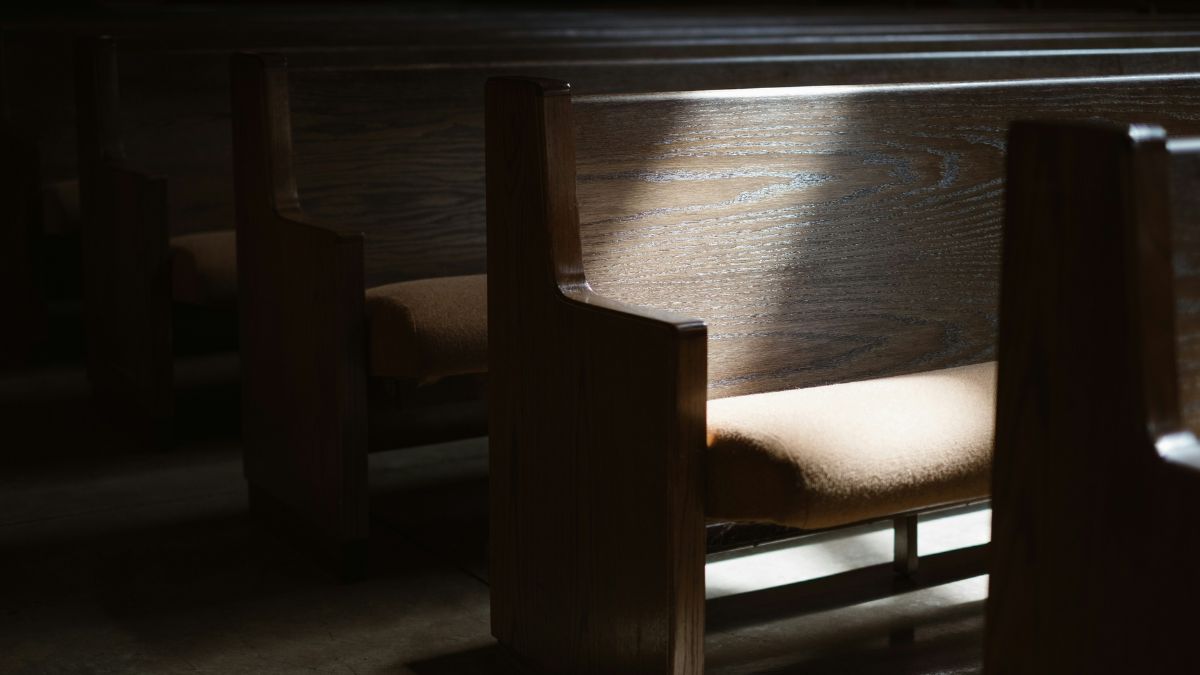

BreakPoint
Faith of the Fatherless
Does belief in God come from an "infantile need for security?" That's what psychiatrists have taught for over a century: Those who espouse Christian faith suffer from psychological deficits. But now a psychologist is arguing that it is atheists who suffer from psychological defects—and his evidence is compelling. In his new book, Faith of the Fatherless, New York University psychology professor Paul Vitz reminds us that atheists have always argued that religious belief arises from psychological factors instead of the nature of reality. But after he became a Christian himself, Vitz began to wonder if psychological factors could explain a predisposition to REJECT God. Vitz studied the childhoods of more than a dozen prominent atheists. He became convinced that their rejection of God is linked directly to a defective relationship with their earthly fathers. By defective, Vitz means the father died, abused his child, or abandoned him. For example, Friedrich Nietzsche, a philosopher famous for saying "God is dead," lost his father when he was just four years old. Vitz writes that Nietzsche had "a strong, intellectually macho reaction against a dead, very Christian father" whom he perceived as weak and sickly. The English writer Samuel Butler had a clergyman father who brutally beat him; Vitz writes that Butler revolted against both the beatings and his father's piety. Sigmund Freud despised his weak father, whom he claimed was a pervert. Freud placed father hatred at the center of his psychology—something Vitz believes expressed his unconscious hostility towards his own father. French existentialist John Paul Sartre lost his father when he was a baby. His mother remarried when Sartre was twelve, giving him a stepfather he resented. Not long afterward Sartre concluded, "You know what? God doesn't exist." And then we have the political atheists, whose defective relationships with their fathers ultimately affected millions. Joseph Stalin hated his father, who beat him unmercifully. "It is not difficult," Vitz writes, "to understand why communism, with its explicit rejection of God and all other higher authorities... had great appeal for [Stalin]." Adolf Hitler also received terrible beatings from his father, who died when Adolf was fourteen. And the father of China's Mao Zedong was a tyrant who taught his son "his first appreciation of revolution and rebellion in his own family setting." America's most famous atheist, Madalyn Murray O'Hair, despised her father; her son William reports that O'Hair once tried to kill the old man with a butcher knife. After studying these "major historical rejecters" of God, Vitz concludes that "we find a weak, dead, or abusive father in every case." Of course, no matter what our family background is, each of us is still ultimately responsible for the decisions we make. But Vitz's remarkable book shows that when we witness to atheists, we must compassionately take into account the likelihood that they have painful memories of their fathers. I hope you'll listen to the rest of this BreakPoint mini-series based on Paul Vitz' book, Faith of the Fatherless. You'll learn more about how our relationship with our earthly fathers affects—for good or ill—our relationship with our heavenly Father.
01/5/00















